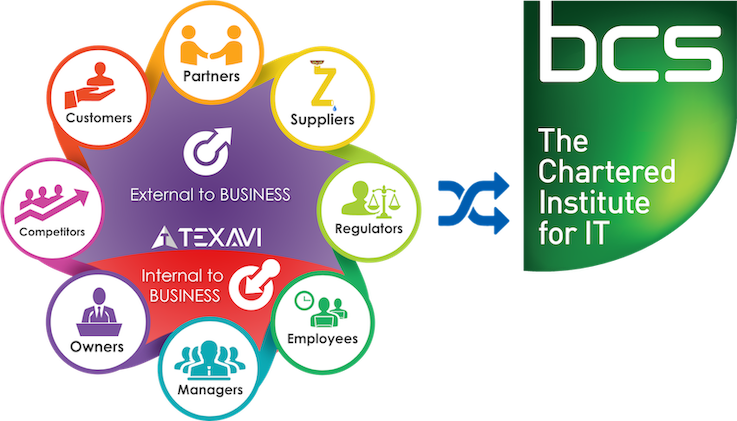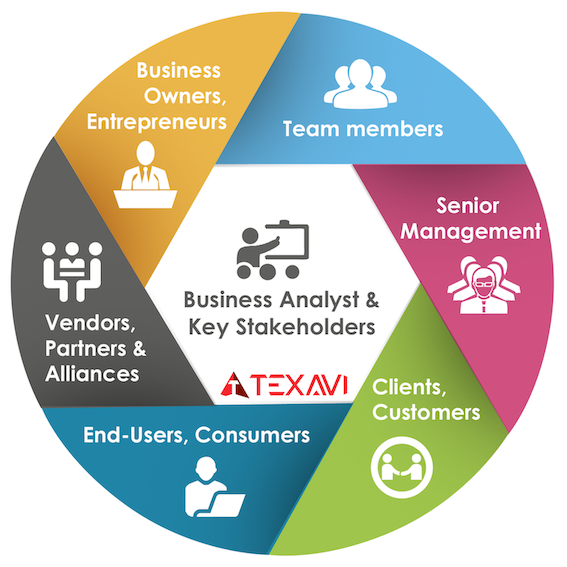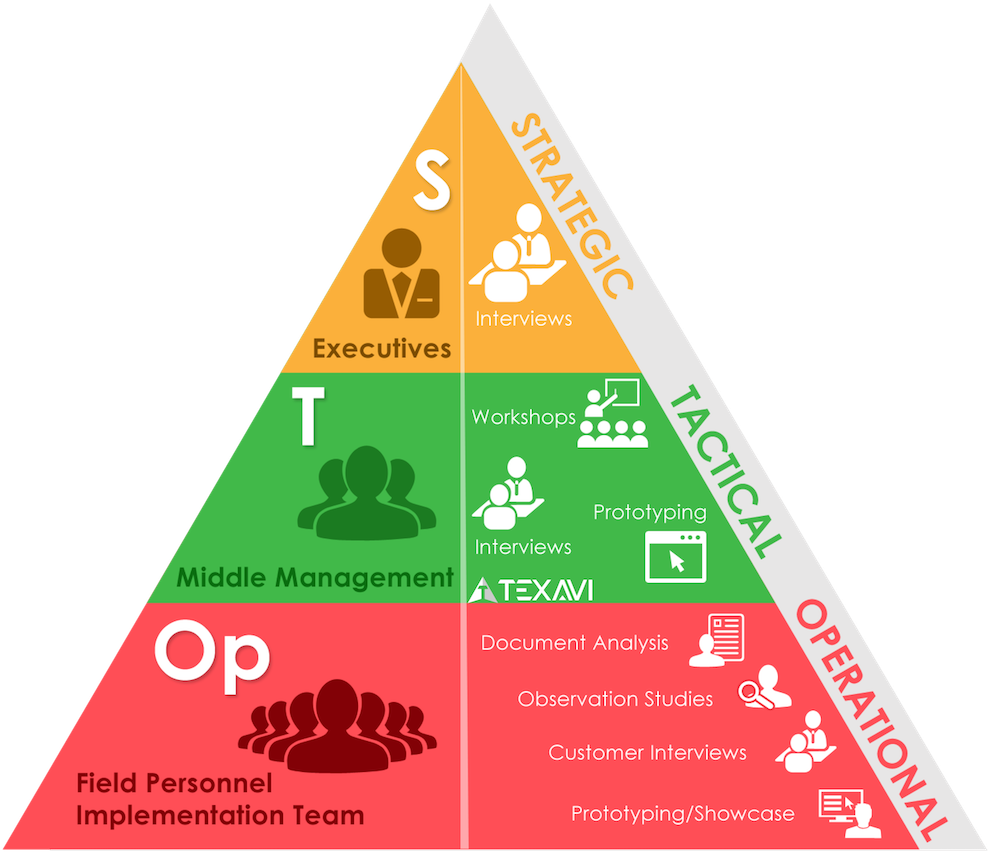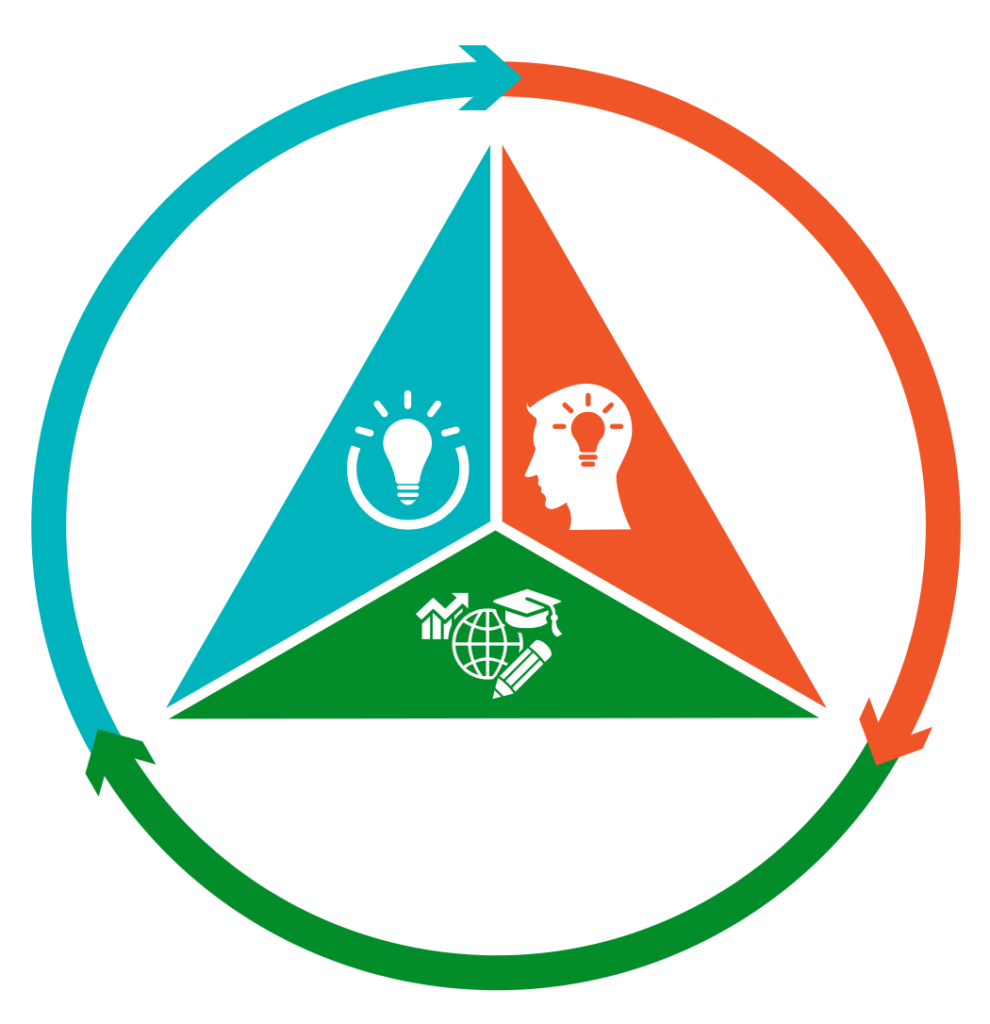BCS Professional Certificate in Stakeholder Engagement
Practices, techniques and tools for effective stakeholder engagement. Select Course Date and Time Based on Your Convenience!
- Instructor-led, Online
- Course Category: Business Analysis, Certification,BCS, Professional
GBP
250
Instructor-led, Online
Duration: 15 Hours
Course Code: TXV-BCS-SE3
Skill Level: All Levels
BCS Professional Certificate in Stakeholder Engagement
Overview
Stakeholders hold the key in successful execution of any project or initiative, offering their continued support through active participation, decision-making and resource allocation at appropriate times. Teams, especially business analysts must understand not only stakeholders’ roles and responsibilities but also their goals, needs, expectations, levels of influence, attitude and most importantly their interest in the initiative, program, or project. This understanding goes a long way in ensuring the teams engage the right stakeholders (internal and external), communicate and deliver to their expectations, resulting in successful outcomes. Take the TEXAVI course on BCS Professional Certificate in Stakeholder Engagement to get that professional edge, learn practical insights direct from industry professionals and turbo-boost your career potential!


Who can attend?
- Anybody with or without work experience
- IT professionals (eg., Developers, testers) considering a move to BA role
- Non-IT people who want to learn IT skills thinking of a career switch
- Graduates and university students who aspire to get into IT industry
- Students who have just passed their B. Tec, A-Levels or college studies

COURSE OUTLINE
-
Module 1: Identifying Stakeholders and Their Roles
-
Module 2: Engaging and Communicating with Stakeholders
-
Module 3: Working with Stakeholder Groups
-
Module 4: Facilitating/Moderating Workshops
-
Module 5: Building Rapport
-
Module 6: Creative Problem-Solving
-
Module 7: Managing Stakeholder Expectations
-
Module 8: Negotiating with Stakeholders
-
Module 9: Managing and Resolving Conflicts

What will you learn?
By the end of this course, you will be able to:
-
Define stakeholder and identify the key stakeholders
-
Describe the approaches to assess stakeholder interests, expectations, and concerns
-
Evaluate levels of influence of stakeholders in the organisation and within teams
-
Elaborate on the stakeholder management strategies
-
Define stakeholder engagement and explain the benefits from effective engagement
-
Define internal stakeholders and give examples of external stakeholders
-
Define external stakeholders and give examples of external stakeholders
-
Highlight the direct stakeholders and indirect stakeholders
-
List the stakeholder groups with examples
-
Describe the three-step activities in stakeholder analysis:
-
Define the stakeholder power-interest grid
-
Explain the benefits and advantages of using stakeholder power-interest grid
-
Describe the methodology in creating power-interest-grid
-
Highlight the approaches involved in online stakeholder engagement
-
Illustrate virtual communication strategies
-
Define stakeholder management plan and explain its uses
-
Discuss the steps involved in creating stakeholder management plan
-
Highlight the approaches for exploring stakeholders
-
Discuss the methodologies in analysing and mapping stakeholders
-
List the steps in developing stakeholder communication strategy
-
Explain the importance of developing strong stakeholder relations
-
Describe considerations and strategies for engaging stakeholders
-
Define communication process and mention the key components
-
Discuss the different barriers to communication
-
Define active listening and express the skills needed for active listening
-
Highlight the key differences between groups and teams
-
Illustrate the types of teams along with purposes they serve
-
Mention the keys roles in teams and give their strengths and weaknesses
-
Define a facilitated workshop and give some examples
-
List the roles in a facilitated/moderated workshop
-
Explain the structure of a facilitated workshop
-
Describe the steps to be taken for successful workshop facilitation
-
Discuss the techniques used in facilitating workshops effectively
-
Explain the approaches and tools in facilitating online workshops
-
Define rapport building and mention its advantages and benefits
-
Explain common ground of rapport – beliefs, reality and values
-
Describe the techniques helpful in building rapport
-
Highlight approaches for building rapport via online and phone
-
Define creative problem-solving
-
List the barriers to creativity
-
Highlight the steps involved in creative problem-solving process
-
Explain how techniques eg., Six Thinking Hats help in solving problems
-
Discuss why managing stakeholders’ expectations is important
-
List the main categories of stakeholder expectations
-
Illustrate steps to be taken to manage stakeholder expectations
-
Define negotiation and highlight the principles of negotiation
-
Explain the four stages of principled negotiation
-
Define BATNA and explain its importance in negotiation process
-
Define conflict and mention the root causes for conflicts
-
Explain why its crucial to assess conflict situation and style
-
Describe how to balance conflicting goals/views of stakeholders
-
Define Thomas-Kilmann conflict mode instrument (TKI)
-
Explain the five conflict-handling modes as per TKI model

What do you need?
There are no pre-requisites for this course. There is no need for any prior experience, working knowledge or awareness of software development or projects experience. The course is suitable for experienced professionals working in the industry or academia, aspirants and early stage professionals, as well as students in universities and colleges. Professionals and aspirants from technology, business, operations or sales are all welcome to explore and understand the agile methodologies alongside their concepts and principles.

WHAT'S INCLUDED?
- 24×7 access to TEXAVI’s high quality course content
- Practical insights from real life IT projects
- Course completion certificate
- Case studies, examples and illustrations
- Interactive quizzes and challenges
- Job aids, resources and tools
- Access to TEXAVI’s collaborative digital platform

Why Texavi?
-
TEXAVI is a proven leader in delivering non-coding IT learning, worldwide
-
We are not just trainers, but practising IT professionals with 25+ years of work exp
-
Our courses get you job-ready with practical and real-time insights
-
Qualify for certificates upon completion and complete our assessments
-
Pave way for industry-recognised certifications
-
Access to treasure of Texavi’s high-quality, content-rich resources and materials
-
Get discount voucher to our popular courses on Udemy
-
24×7 access to Texavi’s interactive platform with personalised content

Sample Course Video
TEXAVI Tests
Test Your Knowledge

Take the Texavi Tests and challenge yourself, simply click the below links and start the interactive quiz…
- Quiz on Elicitation and Collaborating with Stakeholders – Assessment Quiz 1
- Quiz on Elicitation and Stakeholder Collaboration: Methods and Techniques – Assessment Quiz 2
- Quiz on Elicitation and Stakeholder Collaboration: Communication and Management – Assessment Quiz 3
- Quiz on Business Analyst’s Resources, Sources and References
- Quiz on techniques, tools and resources for business analysis
- Quiz on Practical Business Analysis – Essential Aspects
- Quiz on Business Analysis Concepts As Per BCS
- Quiz on Business Analysis Planning and Monitoring – Assessment Quiz 1
- Quiz on Planning and Monitoring Business Analysis – Assessment Quiz 2
- Quiz on Why Business Analysis? Rationale and Value-add of BA
- Quiz on Roles and Responsibilities of Business Analyst
- Quiz on Requirements Assessment, Approval and Management
Trainer Profile

Your trainer for this course is Pardha Saradhi Mantravadi. Pardha is a seasoned and well-qualified trainer, coach, mentor, influencer and thought leader. He has rich and varied IT-industry experience of 25 years, working in working in different roles as a Business Analysis professional with blue-chip organisations viz., HSBC, Deutsche Bank, Dyson, Asda, Cambridge University Press, Roche, King’s College London , Royal Society of Chemistry etc. Pardha delivers his training sessions by blending the concepts and principles with practical insights from real-life projects and programs…click here to view the complete trainer profile
Reviews
“The delivery was consistent, thoughtful and measured. Texavi’s masterclass worked well for me.”
– Louise Caldwell, OMT Group
“I enjoyed the bootcamp and found it very inspiring. I found your description of digital transformation very useful and I liked the examples that were given about successful digital businesses.”
– Dr. Carrie Mowatt, Royal Society of Chemistry
“What I like most about Pardha is the way he easily blends empathy for users within day-to-day software development tasks. This mix of vision and execution is rare and powerful.”
– Sarbajit Sen, Steelwedge Software
“Recently Texavi conducted a workshop on Agile methodologies. The trainer’s knowledge on Agile methodology has its roots grounded in experience.”
– Tazeen Sheikh, Mastek
” The trainer is very well-informed. I learnt a lot of background to digital transformation and artificial intelligence and how businesses can use them.”
– Robert Bowles, RSC
“I attended Texavi’s training on Agile Business Analysis and had a lot of takeaways from the session. Pardha’s effective presentation skills supported with context you can relate to, makes the entire experience exhilarating.”
– Abhijeet Majumdar, Zensar Technologies
“The workshop was quite interesting. I found the exercises we did particularly valuable, as it was useful to discuss with the others present, and to then feedback to the wider group.”
– Holly Sheahan, Cambridge Partners
“Excellent speaker, very knowledgeable. Lovely manner and gentle approach.”
– Linda Clifford, Marketing Success
“Texavi has delivered a fantastic product which was above expectations. The ISBE DataHub will support operational and strategic efforts, at the same time reducing the burden of work for staff at KCL.”
– Christine Manoharan, King’s College London
“The workshop was quite interesting, liked the practical and interactive parts. Texavi’s Digital Business Maturity Model is really helpful and necessary for success.”
– Julio C Garcia, Creanto
“The trainer, Pardha is professional yet very friendly, made everyone feel welcome.”
– Chantal Gilbert, BusyBee Consulting
Related Courses
BCS Professional Certificate in Data Analysis and Modelling
BCS Practitioner Certificate in Modelling Business Processes
BCS Professional Certificate in Benefits Planning and Realisation
BCS Practitioner Certificate in Requirements Engineering
BCS Foundation Certificate in Business Analysis
BCS Practitioner Certificate in Business Analysis Practice
Career and Profession of Business Analysis
Skills and Competencies of a Business Analyst
Practices and Methods in Business Analysis
Techniques and Tools of a Business Analyst
Product Scoping and Prioritisation
Software Estimation – Practices and Techniques
Vision and Roadmap in Product Development
IIBA Entry Certificate in Business Analysis (ECBA) Certification
IIBA Certified Business Analysis Professional (CBAP) Certification
IIBA Certification of Capability in Business Analysis (CCBA) Certification
Texavi Toolkit
Why new-age, digital and agile business analysis isn’t all about managing requirements
Texavi post on BA moving beyond writing requirements
TEXAVI white paper on building your career as a business analyst
Texavi blogpost on Realm and reach of New-age Business Analyst, Product Owner
Top tips for the new-age, tech-savvy business analyst
Texavi article on why once an analyst, always an analyst
Post on the digital, agile and social business analysis professional
Mind the gap! Texavi’s post on tips for good product management
Leader. Architect. Soldier. Team Player – the many facets of business analyst
Get the right skills and competencies – the core building blocks for a business analyst
